hello, I am just a tiny lesbean that loves to read and draw. I love art in every form (am 18)
216 posts
Latest Posts by olympereeeeeeeeeeeeeemtblr - Page 2
looking for writing friends!
reblog or message me if you;
are a writer
want to talk about WIPs
like books like The Raven Cycle
like dark/light academia, cottagecore, or cryptidcore
I’m a bit shy but I’d love to meet new friends!
disclaimer: no terfs or I break your kneecaps
looking for writing friends!
reblog or message me if you;
are a writer
want to talk about WIPs
like books like The Raven Cycle
like dark/light academia, cottagecore, or cryptidcore
I’m a bit shy but I’d love to meet new friends!
disclaimer: no terfs or I break your kneecaps
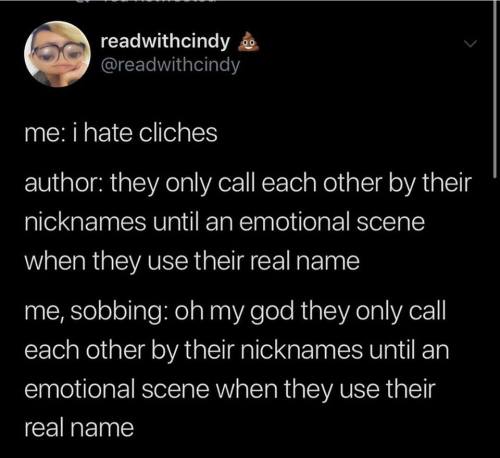
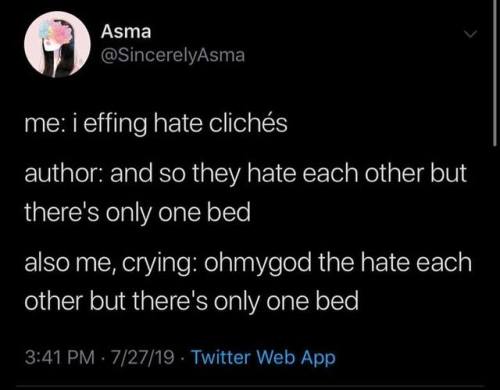
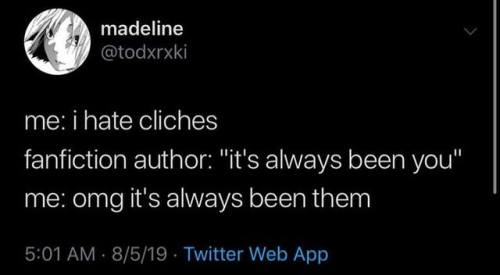
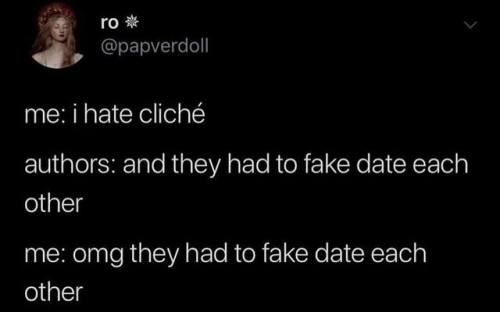
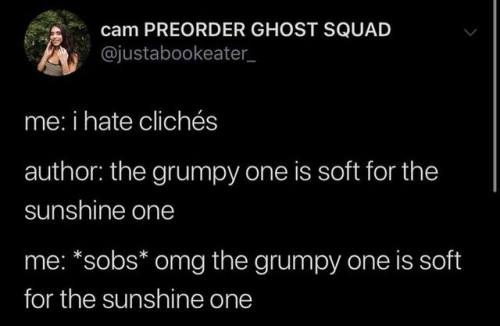

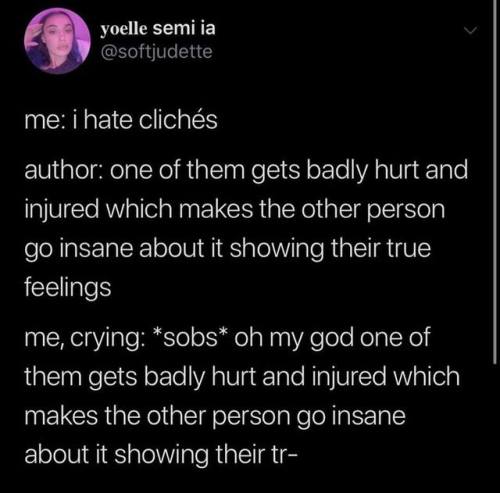
this november: introducing ohno-wrimo, where I convince myself I'm not doing nano until we're five days in then pick up a wip at random and try to catch up as I slowly descend into madness
me writing something at 2am: omg this passage is PEAK comedy. no one could beat how funny this is
me reading it the next day: yo wtf is this
Me: I want to finish this chapter
My brain: then turn on your laptop and write it
Me: disgusting. Horrifying. Terrible. Dreadful. Awful. Appalling. Ew.
Oh, so you’re a male writer? Describe a female without mentioning her tits.

stop 👏 pitting 👏 the 👏 writing 👏 process 👏 against 👏 each 👏 other 👏
daydreaming about scenarios is FUN
outlining is
writing them down is
rewriting is
editing is
having a finished story is REWARDING
me as a writer: Oh no I can’t write that, somebody else already has
me as a reader: hell yes give me all the fics about this one scenario. The more the merrier
Stupid clichés I can’t get enough of
The sarcastic character who’s kind of an asshole but is really just traumatized and doesn’t know how to show his feelings for a fear of being seen as vulnerable
The golden child who has to live up to his father’s unreasonable expectations and is this close to absolutely falling apart
The two rivals who pretend to hate each other but really care extremely deeply, and don’t know how to show it besides “fuck you.”
The badass girl who is tired of everyone’s shit and is just a. Goddamn survivor.
That one character who is everyone is a little scared of because they make jokes about murder and no one can quite tell if they mean it or not.
Childhood friends who haven’t see each other in a while then meet up and see how much or little they’ve changed, and as soon as they meet up they say inside jokes.
When the cocky Dudebro who seems to have a god complex but actually is drowning in self doubt.
When the quiet, comforting character starts yelling and putting people in their place.
That one character that every once in a while just goes batshit crazy, like breaking windows and setting things on fire.
When the character you’d least expect it loves animals/babies.
FOUND FAMILY
The girl gang that commits crimes together.
Redemption arc from the character you’d least expect.
i kinda really wish there were more posts about how to write more that wasnt “just write!!!!! sit down and write 10 words :)” because whilst that is good advice it doesnt help with struggling to write because of mental illness/being neurodivergent but the problem is there is literally no clear solution to that lmao
i do have a writing style and it is called “i am gay, have access to a keyboard and the internet, and i intend to make that everyone else’s problem”
So you finished your first draft..
Hello lovely humans, how are you doing today? I hope everyone is doing fantastic! ❤ As some of you may know, I recently finished the first draft of my WIP. So, here are some tips I think are very helpful for anyone who also finished their first draft or will finish it.
Don’t stress about your word count
I can’t literally stress this enough, do NOT share your word count with other writers. That doesn’t mean you should keep it a secret, but you need to realize that your word count may be too little or too much according to you and when you share it with other writers, you unconsciously compare your word count with theirs. If your word count is 60,000 or if it’s 150,000, it does NOT matter. This is your first draft. This draft is for YOU, not for anyone else. This is like a detailed outline but it’s for YOU. Do NOT feel forced to meet a certain standard. Please, your word count is enough, just stop stressing about it.
Take a break
Please don’t read your first draft right after you’re done with it. When you’re done writing your WIP, you’ll feel very proud and it’s like you’ve climbed the highest mountain ever. Don’t ruin that by going ahead and directly reading it. Because (spoiler alert) it will be full of cringe. I’m not kidding. You’ll find yourself frustrated and angry and you will either want to edit the entire thing right this second or throw it out the window. Do NOT read your WIP when you’re done. You need to take a break. But what type of break? Will you just sit around a do nothing? No.
Buy a notebook
Now hear me out, you need to go to the nearest stationary shop and buy about a 100-page notebook or whatever you feel will suit you. Then, go to all those posts you’ve saved on your Instagram Tips collection and write every tip you feel you need down. Now, this will obviously take you ages. But that’s literally the point, you need a break, and what’s better to do in this break than research, make sure your writing is accurate, and improve your writing skills?
Okay, you’ve done that, now what?
Your first draft most likely will concentrate more on the plot than your characters, so here’s what you will do:
Divide your notebook giving each of your characters/main characters/side characters what you think is enough pages, then write down everything you know about these characters: their backstory, character arc/development, if they’ll end up dying or not, etc. This will also help you figure out your characters’ voices and how their dialogue should sound like. You can also draw your characters (if you know how to do that), draw something they have in their hands, for example if they have a certain weapon like a sword or a dagger.
In your notebook, you can divide up sections for those ideas you quickly scribbled on your Notes app on your phone or on a random sticky note nearby. Write all of that down in your notebook. Then, take out your original outline, figure out what needs to be changed, or what you think doesn’t make sense, or what your characters didn’t end up following. Figure out how those ideas of yours are going to fit in your new more detailed outline and voila. You now have a better, detailed, and improved outline that will help you write your second draft.
Reading your first draft
Now, yes, your first draft will be full of huge mistakes. Yes, you will find it full of cringe. Yes, you may want to throw up at how some scenes are so cliché. But you gotta go through with it if you want your second draft to be better. You need to have a small notebook with you to write down all your criticism. Write down all the scenes that you need to kick out, the chapters that need more detail, that one fight scene you skipped because you suck at writing them (ahem-), etc. Act as a critique to your own work, figure out what you need to work on more, what you need to cut out, all the plot holes that don’t make any sense and generally what you think needs improvement.
Find what you’re not good at
Don’t rush into writing your second draft. Believe me, the more you know about your WIP, the better before writing your second draft. You can try to find your weaknesses in your first draft by reading it AFTER you’ve taken your break. Find what needs improvement. Does your dialogue not sound natural? Do most of your scenes have the white room syndrome? Do you need to train on writing descriptions? Find those little faults and work on them. How? By writing other things other than your WIP. Go out somewhere and try to describe the place you’re in. Practice writing dialogue by reading it out loud while you’re writing it. Write events that actually happened to you. Or you can even start on another WIP, one for you and your eyes only. Keep improving your writing.
And that’s it friends, and that is also what I’ll be doing when I get the time to haha (☞゚ヮ゚)☞ I hope everyone has a wonderful day! 😊❤
So You’ve Been Offered Representation...
Or you’re about to start querying and want to be prepared (smert), or you’ve scrolled past this on Tumblr and want to save it for that hopefully-not-to-distant day (I believe in you)…
Being offered representation is exciting. It’s a really amazing moment in your career and you should be really proud of yourself for getting there. But it doesn’t mean the querying process is over. You’re about to enter into a longterm relationship that will shape your entire literary career. It’s time to ask a whole lot of questions.
Every offer comes with “The Call.” The Call is when you and the offering agent have a discussion to see if you’d be a good fit for each other, and while it may seem like a formality, because YOU’VE BEEN OFFERED REPRESENTATION (!!!!) there’s a lot of information that may come out in this conversation that could have a big impact on whether or not you chose to accept representation.
At the point of offer, you should know that you and the agent likes the genres you write in. You may have seen some of their tweets on social media, or read articles on their blog, or heard authors you admire talking about how amazing it’s been working with them.
Here are the things you should talk about during The Call:
Your Manuscript
Just because an agent loved your manuscript, doesn’t mean you’ll necessarily want them to work on it with you. They may have a very different vision for your work than you have.
When I was querying, the first agent who offered me representation wanted to remove the scene I considered the emotional crux of the novel. The thing I’d felt all previous scenes were leading towards. As we talked, I discovered that the book she wanted to work on wasn’t the book I wanted to write. I considered her offer for a while but ultimately, I realized she wasn’t the right agent for my book, and probably not the right agent for me.
After that experience, I asked other offering agents what they liked about the book, and in our conversations, tried to explain to them what my vision was, and found that there were agents whose views were more aligned with my own.
So what does it matter if your visions are different? Why is this more important than being represented?
When you know you and an agent have the same vision for you project, you’ll be able to trust that their editorial advice will help turn your manuscript into a better version of the story you want to tell. Nothing feels worse than making changes to your manuscript that makes it feel like something that isn’t yours, or you can’t feel proud of.
More than that, your agent will be submitting your manuscript to editors. This means, that they’ll be deciding which editors are going to be able to buy this project, and how they’ll be pitching it to those editors. If they’re misrepresenting the story you’re trying to tell, it may affect your chances of being connected with an editor who has the same vision of your book as you have.
Don’t pursue representation and publication with an eye for getting it done no matter what. Make sure you get your story published, not somebody else’s idea of what your story should be.
Possible questions to ask about your manuscript:
What drew you to the project?
Was there a specific point, while reading the project, when you decided you were definitely going to offer representation?
Are there any scenes that you felt strongly about?
What was your favorite scene?
What is your vision for this project?
How would you pitch this book to publishers?
Do you feel the project is ready for submission?
In broad terms, what would you recommend for the revision of this manuscript?*
*Many agents feel as though an ‘edit letter’ with specific revision instructions, is something they should only give out once an author has signed with them, as it is a privilege of a working relationship with them. This is normal, and acceptable; however, agents should be willing to speak more generally about how they’d like to see the manuscript revised.
Your Career Beyond This Project
Agent/author relationships should last beyond a single manuscript. Although your future projects may not be a priority right now, one day they will be, and you’ll want to make sure Future You won’t have to choose between their agent and their career goals.
Before you have your Call, think about your dreams for your career as an author. What do you want your “brand” to be? What genres do you want to be published in? How many castles do you want to own? (Please don’t consider this. Any agent who promises you castles is a Bad Agent.)
Know what you want for your future, and make sure this is an agent who will be able to get you there.
Possible questions to ask about your career beyond this project:
Do you represent the other genres I write in?
My next idea for a project is x. Is this a project that you’d be willing to work with me on?
I want to write in multiple genres/categories, how would you recommend I manage that?
These are my goals: [list goals]. Do you think you’ll be able to help me achieve them?
This is my vision for my career: [describe vision]. Do you think you’ll be able to help me achieve this? If not, why?
The Agent
The call is also a good time to ask about the agent’s background. There are “shmagents” out there, so what you want to know is: how much experience they have in the publishing industry and what sort of projects they’ve actually sold. Everyone is new at some point in the game, so not having a lot of industry experienced doesn’t mean they’re a “schmagent,” but is something you might want to take into consideration nevertheless.
It’s normal for an agent to be getting into a new genre, or to have recently been promoted to assistant/associate to “agent,” but if that’s the case, you may want to figure out whether or not they are knowledgable in the genre, or if they have a good, experienced team backing them up as they start out their career.
A major red flag would be: not having been an agent long, not having had any other jobs in the industry, and not having sold any books to any major publishers.
Possible questions to ask about the agent’s background:
How long have you been in the industry?
How long have you been an agent?
Have you held any other positions in the publishing industry?
How many clients do you currently have? Are you looking to expand your list much more?
Can you tell me about some books you’ve sold recently? What genres were they in? What publishers did you sell them to?
Would you be willing to connect me with some of your authors?
The Agency
Being a literary agent usually isn’t a one-man act. Many literary agents work in agencies, where they work not only with other experienced literary agents, but often have agents solely dedicated to subsidiary rights such as foreign, film, and audio rights.
The agency the agent works for actually matters a great deal when it comes to selling your project. Will this agent be the one selling the rights of your projects to the UK or France? Is there another agent at the agency whose job this is? Will they sell those rights to the publisher instead? This is the sort of thing that depends on the agency, not the agent. And if you care about it, it’s something you should consider.
If the agent has struck out on their own, it doesn’t necessarily mean they’re a “schmagent,” but you should be sure to ask them about their reasons for doing so, and their previous experience in the publishing industry.
Possible questions to ask about the agency:
How does your agency handle sub rights?
How large is the agency?
Do you every work with other agents on certain projects/rights?
What is the agency agreement like?
Possible questions to ask about a one-man literary agency:
Why did you chose to strike out on your own?
What experience prepared you for this?
How do you handle sub rights?
Do you ever need the support of other agents, and, if so, where do you get it from?
Your Working Relationship
Finally, you should consider the sort of relationship that you want with an agent and the sort of working relationship that would be most productive and helpful to you as a writer. Knowing what you think you might want or need, have a conversation with the agent about the sort of working relationship they’re comfortable with/accustomed to:
How many editors do you usually pitch to in the first round of submissions?
Do you do tiered submissions? What are those tiers?
When do you shelve a book?
How hands-on are you when not on submission?
Will you be available to talk through new ideas with?
How closely do you prefer to work with an author while they’re preparing a manuscript?
Do you prefer to talk by email/phone/etc.
Once that’s finished…
You can’t know for sure, by one conversation, whether someone will be a good long-term partner for you, but hopefully these lists of considerations will help you decide whether the agent offering representation to you is offering the type of representation you need.
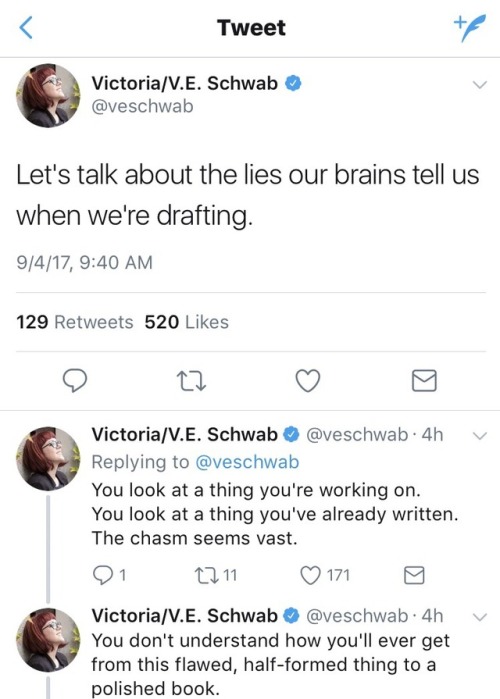

Wise words from the Schwablin Queen Creatives, take note

Mongolians are cool because they’ve merged their traditional and modern ways of life so rather than having poverty due to losing all their important skills they just live in their yurts with their cows and 827474874mbs internet
A Couple Writing Memes
Because you guys know how much I’ve been getting into meme-making lately xD here’s a couple about some annoying things people do in writing and ways to fix it :p



if i had a dollar for everytime grammarly wanted to correct sentences that were totally fine, i’d be rich by now
me writing dialogue: “what is man but a vessel through which a higher entity may see? what is his purpose? must he find a purpose? we are but stardust; the universe comprehending itself.”
me writing action: they ran real fast from the bad men aand legs hurty


meme?
if you read antigone and sided with kreon at any point i DO hate you just so you know
Are you a “can’t write dialogue” writer or a “can’t describe anything” writer
I am so ashamed of myself omg 😂😂😂 can you believe I typed this after reading Oedipus BY SOPHOCLES
if you read antigone and sided with kreon at any point i DO hate you just so you know
picturing a scene in ur head vs putting it on paper for the first time




me as a writer: Oh no I can’t write that, somebody else already has
me as a reader: hell yes give me all the fics about this one scenario. The more the merrier





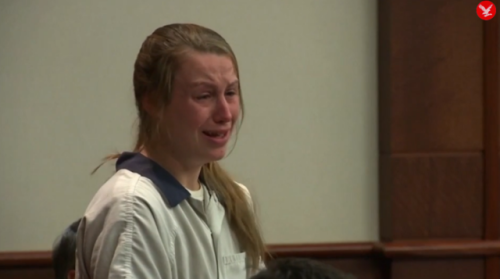
lol